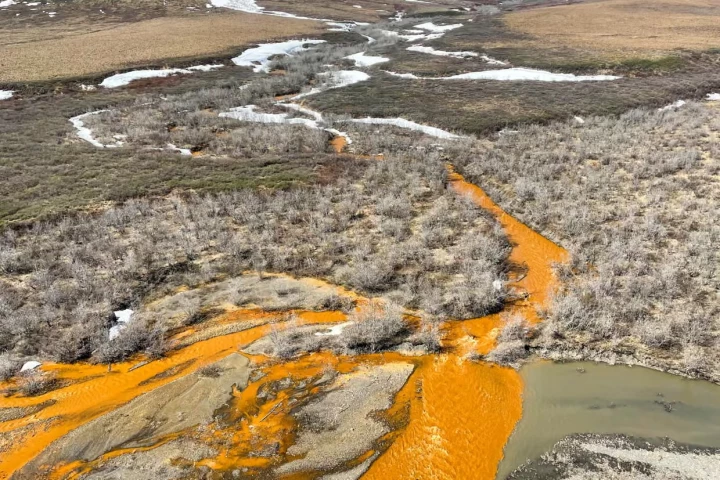Umea University
-
New research flips a long-held belief that frozen environments slow down chemical reactions and helps explain why Arctic rivers are turning orange. It turns out that ice is actually better than liquid water at releasing iron from common minerals.
-
If you overindulge in sugary treats, the good news is that your sweet tooth will be silenced. The bad news, though, is that this triggers a hormonal call out for fatty foods. And even worse news, too much fat will then switch sugar cravings back on.
-
New research has tracked more than one million COVID-19 cases after their illness and found a person’s risk of blood clotting events such as deep vein thrombosis and pulmonary embolism significantly increase in the months after infection.
-
Graphene may be versatile, but it’s not all that good at dispersing in water. Now, researchers at Umeå University have found a relatively simple way to do it – use graphene oxide instead, which can then be used as a kind of graphene paint.
-
Approximately half of the people who have had type 2 diabetes for over 10 years experience nerve damage, which typically begins in their feet. Because this can result in wounds and even amputations, it's important to know when it's starting – and an eye test may be all that's required to find out.
-
It’s not often that a dinner makes history, but that was the case when two men tucked into a meal of pasta and fried vegetables. The historic ingredient? Cabbage that had had its genome edited with CRISPR-Cas9, marking the first time such a plant had been grown, harvested, cooked and eaten.
-
A new tool could make spotting ear infections much easier, leverage the power of smartphones and the cloud to provide automatic, accurate diagnoses.
-
Researchers from Umeå University in Sweden have developed a new blood test that looks at blood platelets in just a single drop of blood to identify cancer. Results of the method are very promising, with a 96 percent identification accuracy.
-
A wastewater treatment process has been devised, to keep antidepressant residue from getting into rivers and affecting fish.








